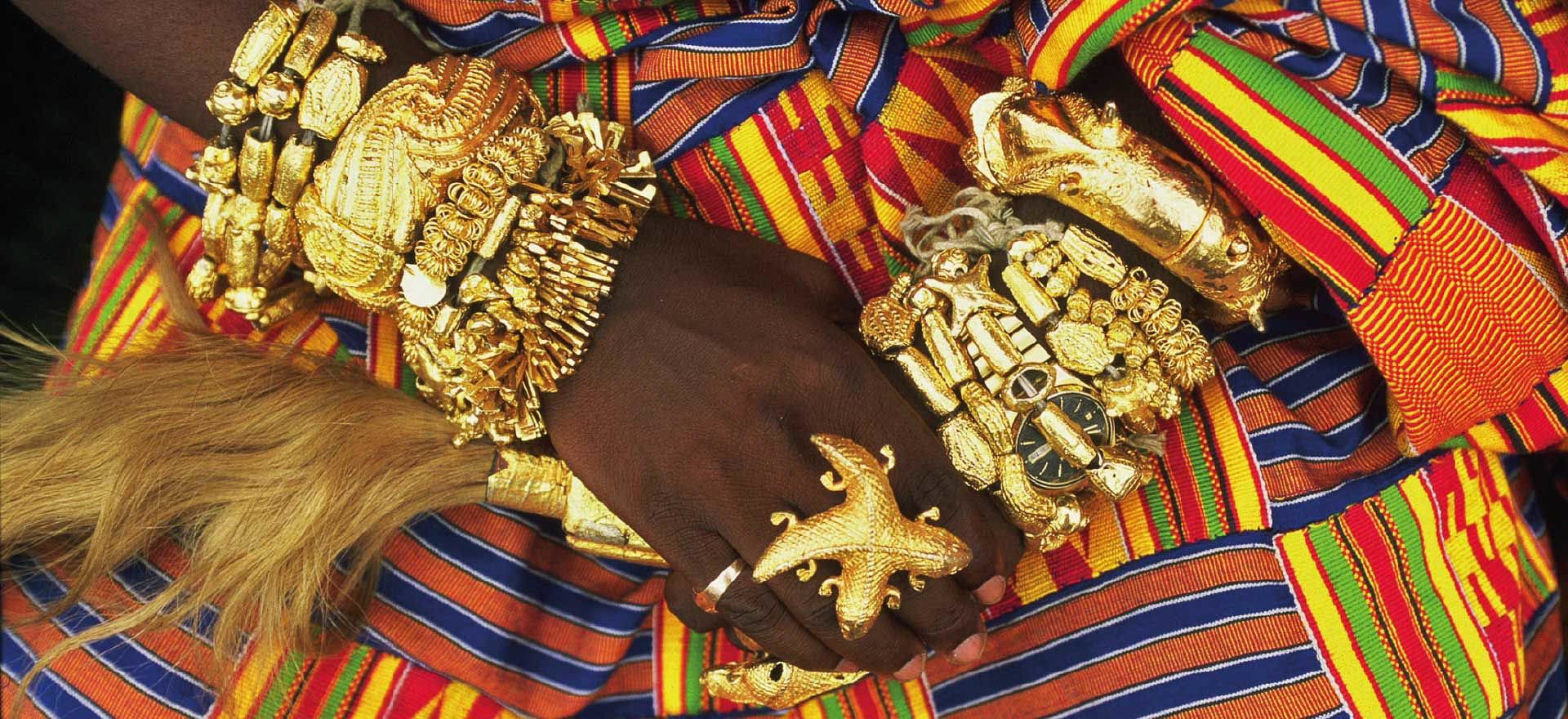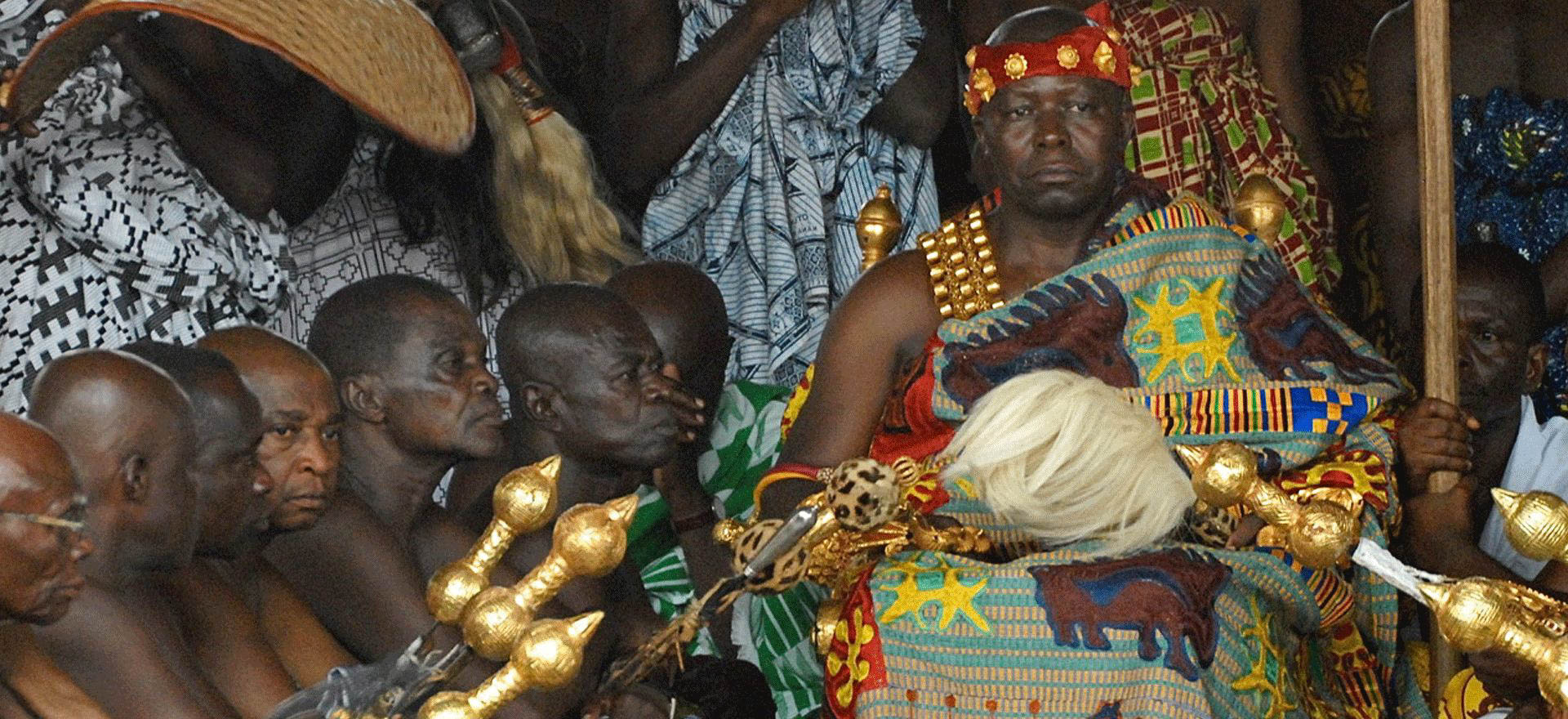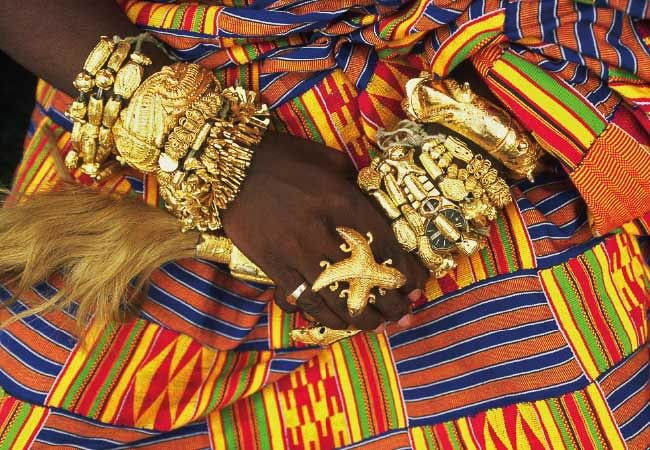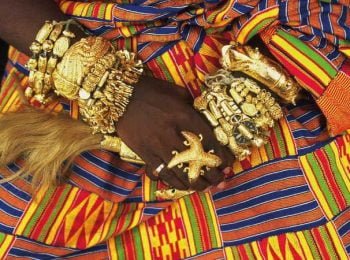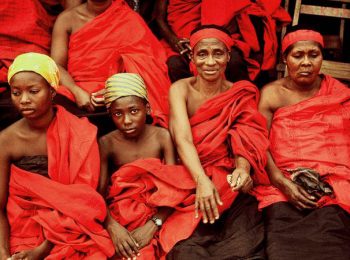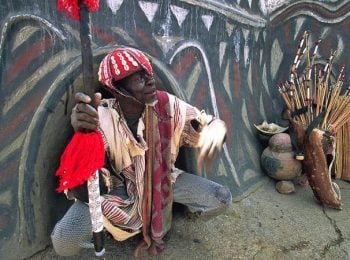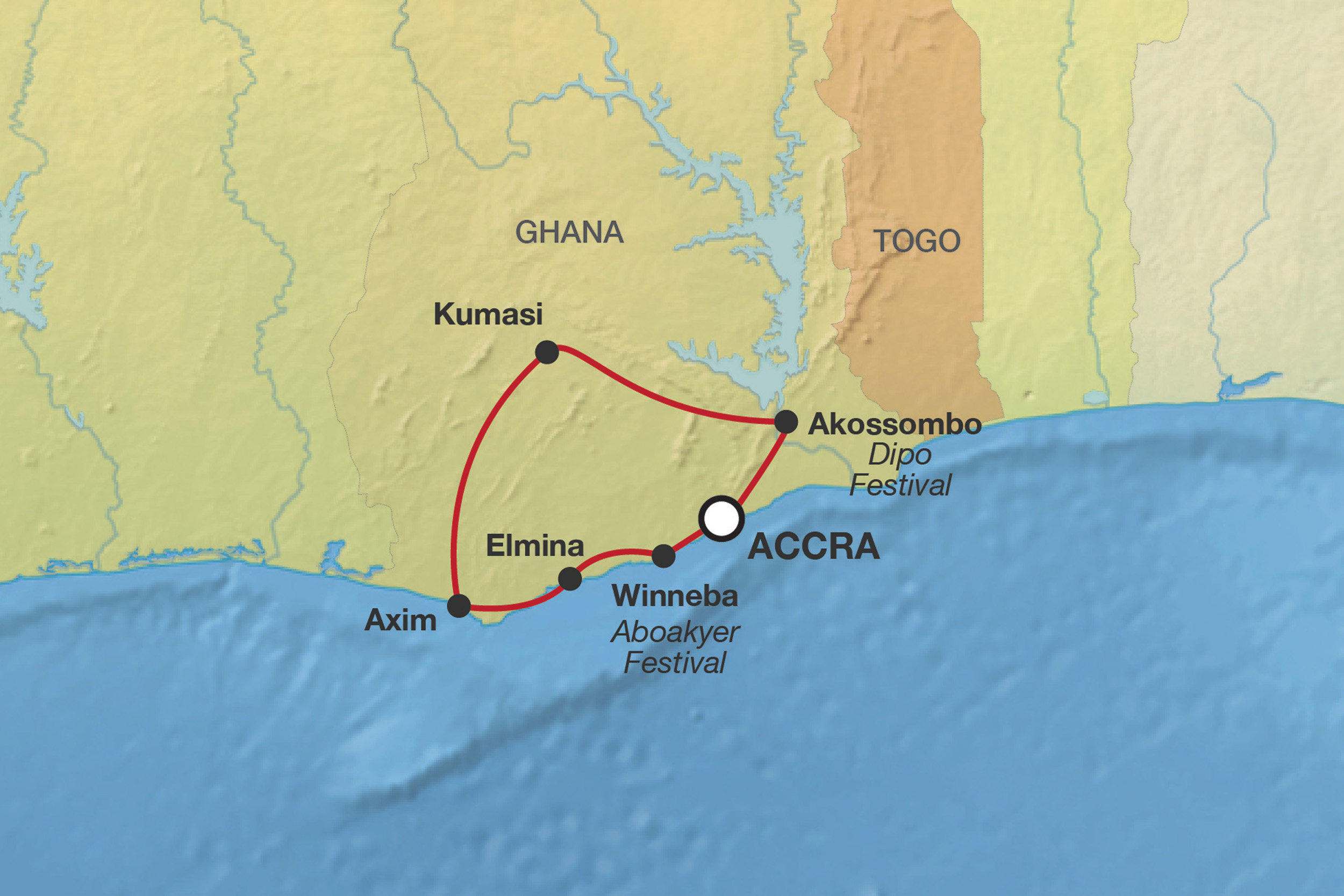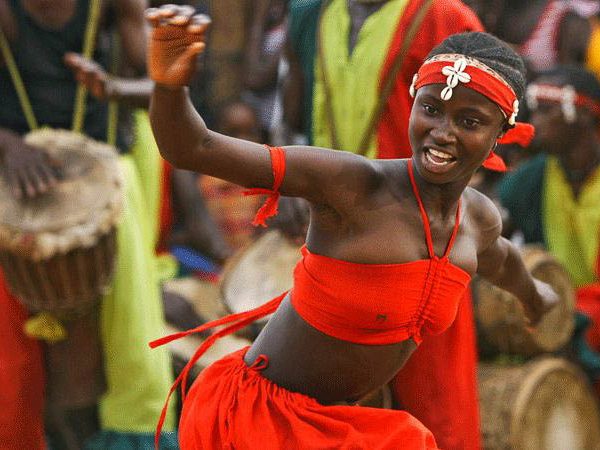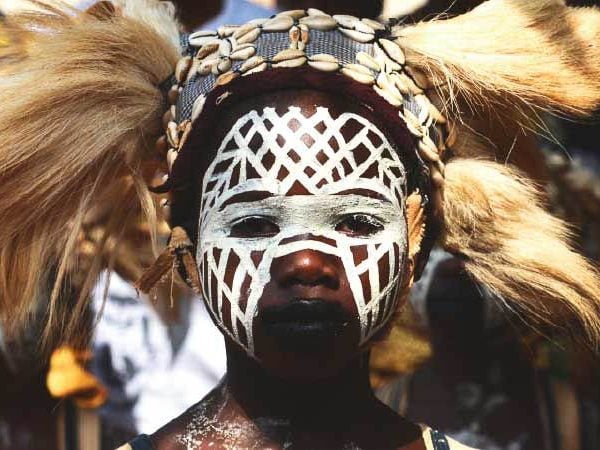Visas
Most travellers will require a visa to enter Ghana, which must be obtained before travel. You may need an invitation letter in order to obtain this, depending on the requirements of the embassy that you apply at – we can provide this for you. Visa regulations can change however and so we recommend that you contact your nearest embassy for the most up to date information.
Health and vaccinations
We are not medically qualified and so we recommend that you speak to your doctor or nearest health professional for advice concerning recommended vaccinations. For more advice on vaccinations you can also visit https://travelhealthpro.org.uk/countries.
A Yellow Fever vaccination certificate is required for entry to Ghana and you must bring this with you.
If you have any physical limitations that might impact your ability to participate in the planned tour activities, it’s essential that you make us aware as soon as possible so that we can discuss this with you.
Insurance
It is a condition of joining our tours that you have suitable travel insurance in place, and we cannot accept travellers without insurance. All policies differ in terms of what they will cover, but as a minimum you need medical and health cover, which will cover you for the whole time that you are away. Most policies will also include cancellation cover, which will cover you if an unforeseen circumstance obliges you to cancel your trip. We recommend that you obtain your insurance as soon as you book your trip.
Please note that government travel warnings often affect the validity of your travel insurance, and you should check this with your insurance company.
Money
The local currency in Ghana is the cedi. It is best to bring US dollars or Euros for exchange purposes as the cedi is generally not obtainable outside of the region. US dollars should have an issue date of 2006 or later, otherwise you may find it difficult to exchange them.
It’s not difficult to change money in Ghana, either at banks or the hotels and your guide can assist with this. There are also an increasing number of ATMs in larger towns. However these are not always reliable and so it is best to think of them as a back up rather than a main means of obtaining money.
Credit cards are accepted in larger hotels and better restaurants (usually in larger cities only) but are not commonly accepted elsewhere. You should also be aware that credit card fraud is not uncommon in Ghana and so should you choose to use one, do bear this in mind.
Local conditions
When travelling to some of the destinations we offer you need to bear in mind that things won’t always work here as we’re used to them working at home. Travelling in underdeveloped and untouristed destinations requires both patience and a sense of humour. There may be problems with infrastructure, attitudes may be different, and maintenance may not be as high a standard as we would always like, but this is very much part and parcel of travelling in such a place.
In addition, roads throughout the parts of Africa that we visit are often poorly maintained (if at all!) and distances between key sites of interest can be long. Travelling in Africa can be tiring, hot and dusty at times, and inevitably it can be frustrating. While there are some issues that we are able to solve, others are intrinsic to the countries that we travel through, and you should be aware that many of the countries that we operate in cannot be compared to others on the continent that have better infrastructure – for example the popular tourist destinations of east and southern Africa.
Although travelling in these countries can at times be an ‘unpolished’ experience, this is all part of the adventure. We aim to resolve any issues as quickly as possible, and putting up with a pothole (or ten) is undeniably worth it for the amazing sights and cultural experiences you will encounter along the way.
Travel advice
We keep a very close eye on the travel advice issued by the UK Foreign and Commonwealth Office so that we can keep you up to date with any warnings. At the time of writing the FCO does not advise against travel to the Comoros Islands.
This relates to advice from the British government – other nationalities need to check the stance of their own governments.
Please note that the information contained above is highly susceptible to change, and while we endeavour to keep up to date we recommend that you use this as a guide only. Should you have any questions, please don’t hesitate to contact us.

